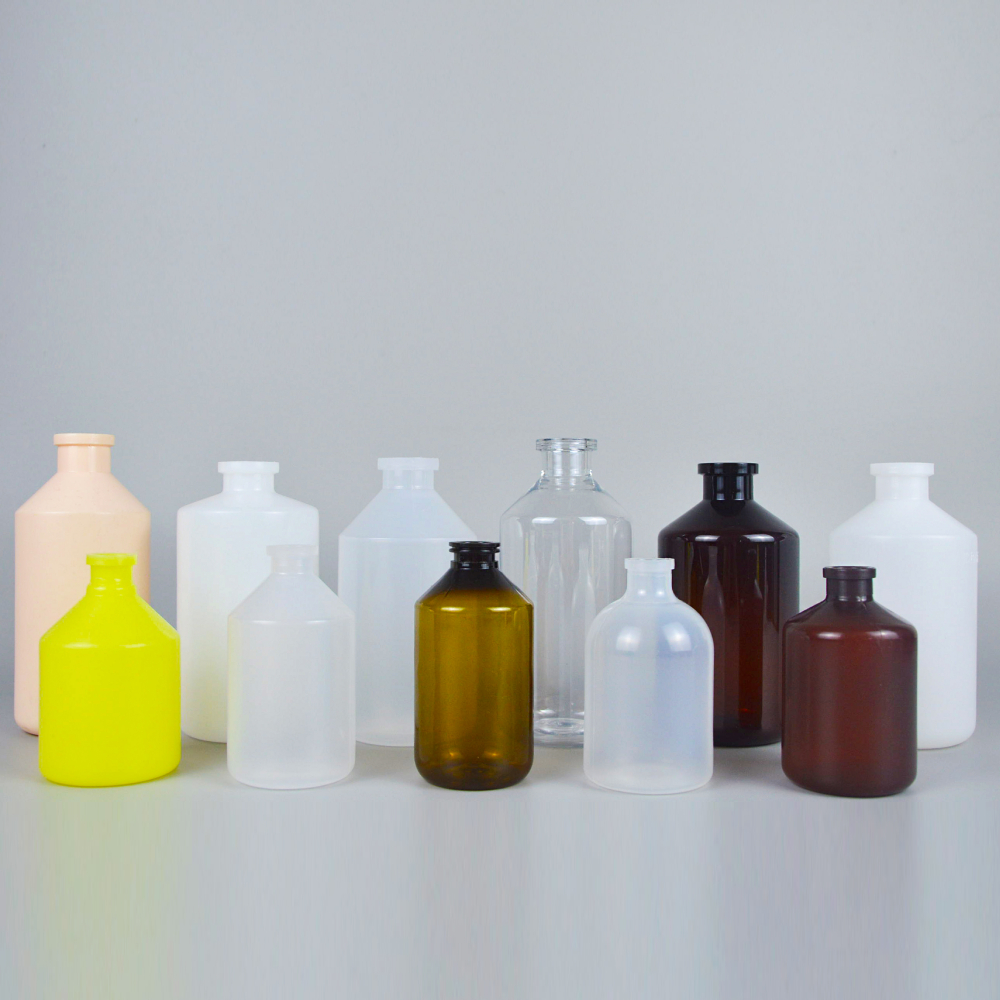50 ml polypropylene tubes
Understanding the Importance of 50ml Polypropylene Tubes in Laboratory Settings
In contemporary laboratories, the necessity for efficient and reliable storage solutions is paramount. One of the most commonly used items in this context is the 50ml polypropylene tube. These tubes, also referred to as centrifuge tubes or conical tubes, serve a myriad of purposes that range from sample storage to centrifugation. Their versatility and robustness make them indispensable tools for scientists and researchers across various disciplines.
Material and Design
Polypropylene, a thermoplastic polymer, is the material of choice for these tubes due to its remarkable chemical resistance and durability. Unlike other materials, polypropylene can withstand high temperatures and is resistant to a variety of chemicals, including acids and bases. This makes 50ml polypropylene tubes suitable for a range of applications, from molecular biology to clinical diagnostics.
The design of these tubes is another aspect that enhances their usability. Typically featuring a conical bottom, they are engineered to ensure maximum sample retrieval, as the conical shape allows for easy collection of sediment. Many of these tubes come with a screw-cap lid, ensuring secure sealing and preventing contamination. Moreover, they are often available in sterile versions, which is crucial for applications where contamination could compromise experimental integrity.
Applications in Laboratories
The applications of 50ml polypropylene tubes are vast. In molecular biology, for instance, they are frequently utilized for the storage and centrifugation of DNA, RNA, and proteins. They provide an optimal environment for short-term and long-term storage of biological samples. Thanks to their airtight seals, researchers can prevent the degradation of sensitive samples.
50 ml polypropylene tubes

In clinical laboratories, these tubes are used to collect and store blood and urine samples. Their ability to withstand centrifugation makes them ideal for separating plasma or serum from cellular components. As a result, medical professionals rely on these tubes for performing various diagnostic tests, thus underscoring their importance in healthcare.
Moreover, in the field of chemistry, 50ml polypropylene tubes facilitate reaction mixtures, allowing chemists to carry out experiments involving volatile or reactive substances without the risk of contamination or degradation of the materials involved.
Environmentally Conscious Choices
As the scientific community becomes increasingly aware of environmental concerns, manufacturers have begun producing biodegradable or recyclable polypropylene tubes. This shift addresses the need for sustainable laboratory practices while maintaining the performance characteristics that researchers have come to depend on.
Conclusion
In conclusion, 50ml polypropylene tubes are vital components in modern laboratory setups. Their material properties, design, and versatility cater to a range of scientific applications, including molecular biology, clinical diagnostics, and chemistry. As laboratories continue to evolve, the demand for reliable, efficient, and sustainable storage solutions like polypropylene tubes will only grow. Researchers can continue to rely on these essential tools as they strive to advance science and improve healthcare outcomes. With a focus on both performance and environmental responsibility, the future of polypropylene tubes in laboratories looks promising.
-
Aesthetic Makeup Spray Bottles | Fine Mist Empty RefillableNewsAug.19,2025
-
White Plastic Veterinary Vaccine Vials | Lab Liquid BottlesNewsAug.18,2025
-
Plastic Medicine Liquid Bottle: Secure Flip Top Drug VialsNewsAug.17,2025
-
Durable 250ml Blue Plastic Vaccine Vial for Lab & Vet UseNewsAug.16,2025
-
Sterile Virus Sample Tubes: Secure & Reliable Specimen CollectionNewsAug.15,2025
-
White 250ml Plastic Vaccine Vial for Lab & Vet MedicineNewsAug.14,2025
























